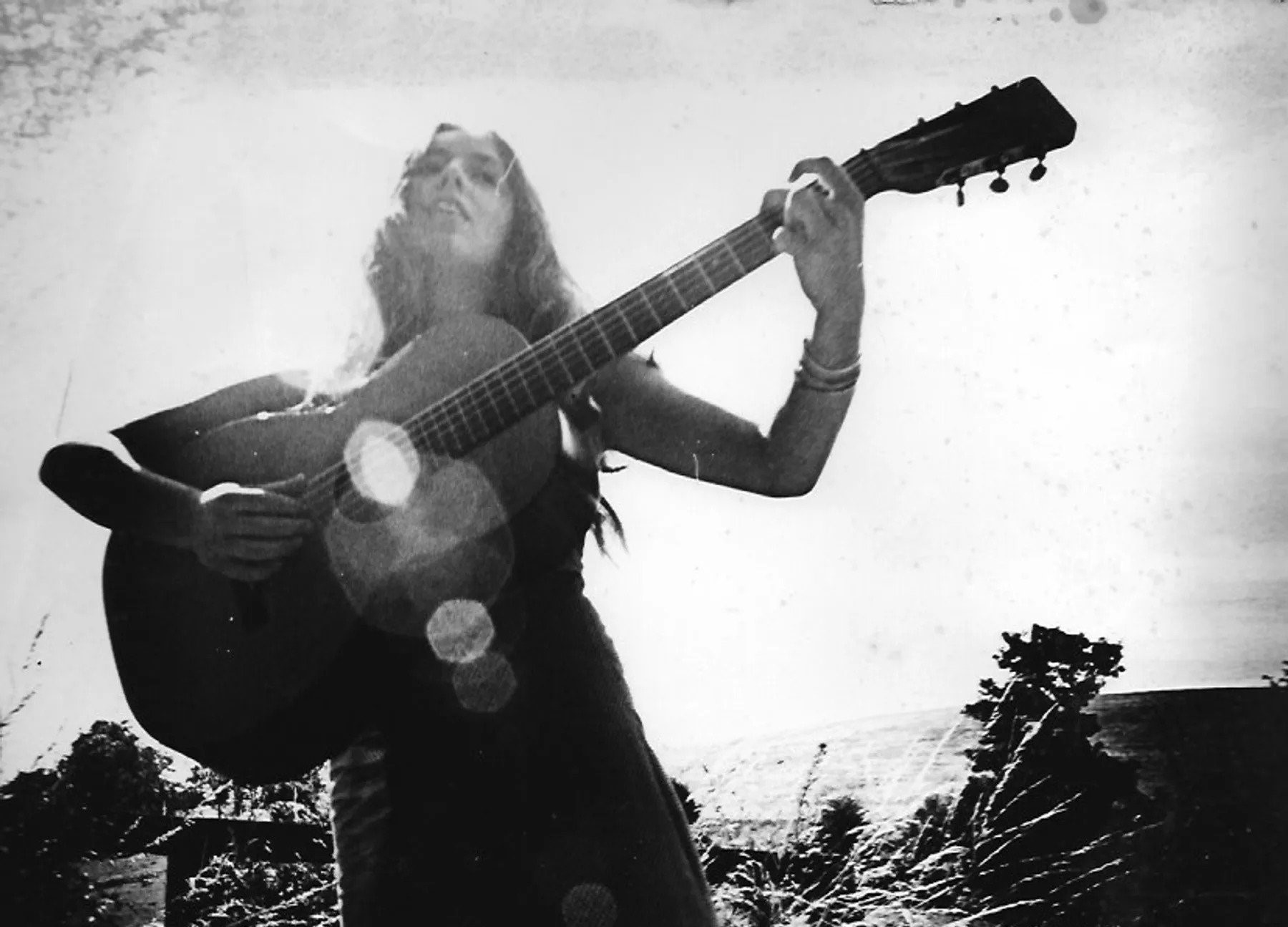Claire Hamill | Interview | New Album, ‘A Pocket Full of Love Songs’
Claire Hamill recently released a new album, ‘A Pocketful of Love Songs’. In 1971 she released her much-loved debut album ‘One House Left Standing’ on Chris Blackwell’s Island label and worked with John Martyn, Steve Howe from Yes and a host of others as she developed her folk roots into new age music and beyond.
‘A Pocketful of Love Songs’ was written during lockdown and features songs from the heart on all aspects of love and life. Claire Hamill said of the release: “There’s never been a better time to fall in love than now. I’m exploring the boundaries of my imagination and bringing together my thoughts and feelings in song form, to make sense of my life and my decisions. Maybe they’ll reflect some of yours too.”
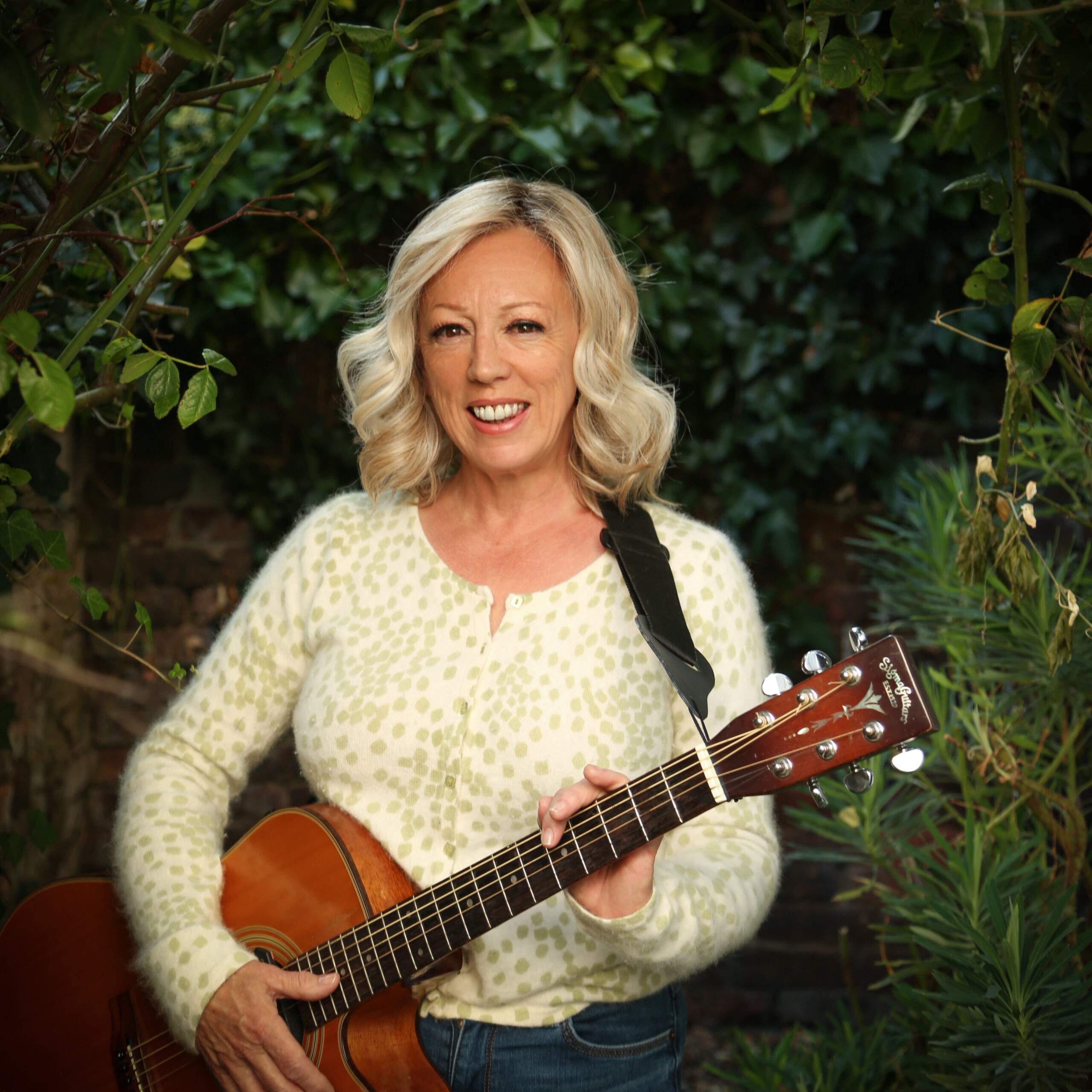
“A good song can make you feel sentimental, can even make you feel guilty or excited or joyful”
Being a huge fan of your debut album, ‘One House Left Standing’, I got very excited about your newest solo album, ‘A Pocket Full of Love Songs’. The album was mostly written around the Lockdown, so was the isolation creatively challenging or freeing?
Claire Hamill: Lockdown was challenging, because my mother had just died 12 days before we went into lockdown. Consequently I was completely alone, unable to even be comforted by my own family who like everybody else was consumed with fear. It was awful. I know many other people were feeling the same way about being prevented from being with loved ones, but you’re not really thinking about other people at a time like that. I coped with it by drinking a bottle of red wine every night! Wine became a crutch but also freed me and opened me up to a creativity I might not otherwise have experienced.
Would you like to talk about the songs on your latest album?
I had recently met somebody that I was romantically interested in, and in my loss I fixated on him rather too much. I used him to channel my grief into love songs. He had no idea! So the songs on the album are really about my fantasy of being with him and being without him.
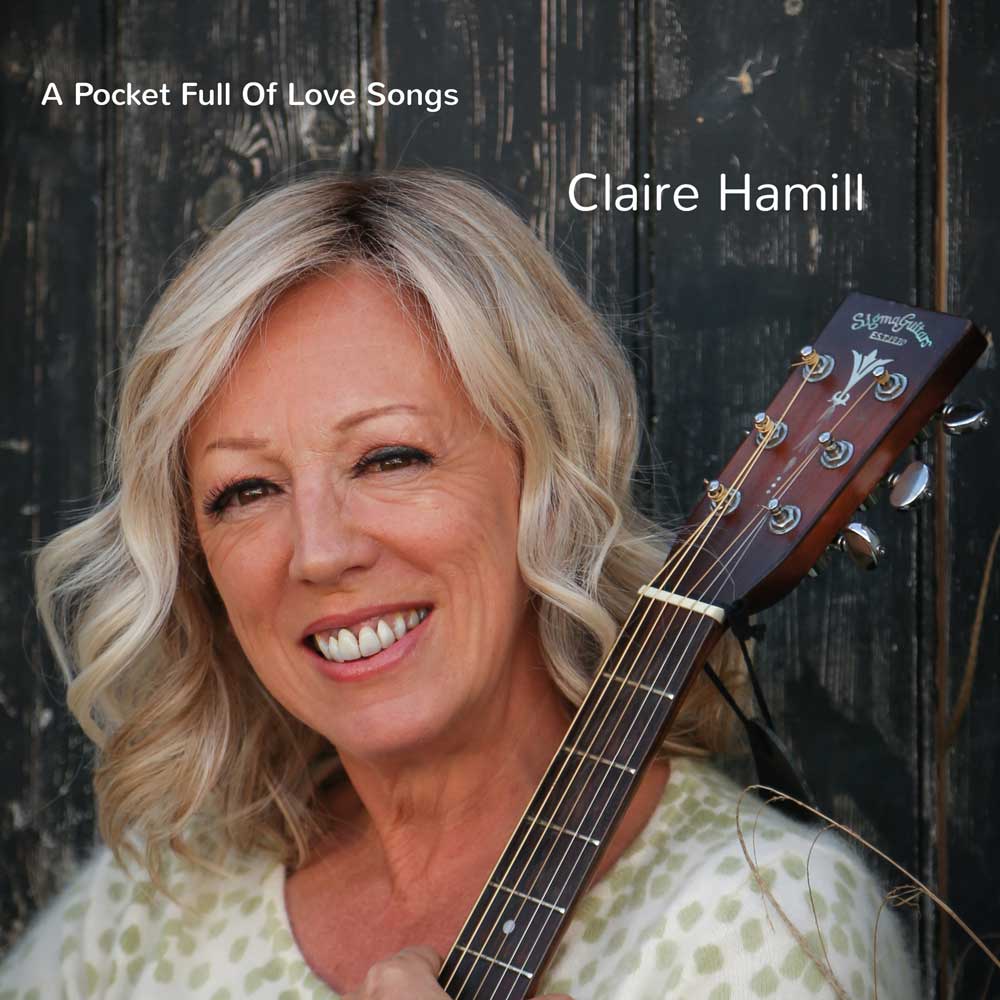
What makes a good song in your opinion?
I think a good song makes you feel something, all the emotions, not in the same song of course! A good song can make you feel sentimental, can even make you feel guilty or excited or joyful. It can make you feel that you have to just get up and dance or it can make you cry.
I hope you don’t mind if we go back in time and discuss the very early years of your involvement in music. You are coming from Port Clarence, County Durham. What was it like growing up there?
I was born in Port Clarence, Teeside, but I didn’t grow up there, I grew up in a fishing village called Staithes, which is just north of Whitby, on the north-east coast of England. Staithes had been made famous by a painter called Dame Laura Knight. My parents decided to move there and open the first Coffee Bar in the area. There was nothing like it within 30 miles so it was incredibly popular. My family moved back to Port Clarence when my parent’s marriage broke up in 1966. It was incredibly shocking to move from such a sweet scenic village to such raw bleak industrial Hamlet like Port Clarence, equidistant between the shipyard and the gasworks. It was around this time that I learned to play the guitar and, hiding from the world in the front room, amongst all the washing, I spent night after night teaching myself how to play.
Was there a certain moment when you knew you wanted to become a musician?
I was stage-struck at a young age after seeing my father perform in amateur dramatics. I loved the sound of the audience clapping, it was so exciting. I asked my dad to get me a part in one of their productions so my first performance was as a 10-year-old “Pantaloon – clad little Nell”. So that was it, I was going to be an actress! I saw Judi Dench play St. Joan on TV and from that moment on I knew I was going to act. So even though I was on a trajectory to the Guildhall School of Music and Drama, the easy way I wrote songs proved to be my future, and it was only when I was offered a recording contract that my life path was changed.
What are some of the most important records you had as a teenager? Where did you discover new music back then?
I didn’t have any records at all as a teenager, we were just too poor but we had a TV and every week we were all glued to “Top of the Pops,” Our British Top 10 chart show. We lived in a little house across the road from my cousins and so I was able to listen to their records from time to time. My mum had been a shorthand typist and that came in very handy when I wanted to learn new songs, I’d just sit her in front of the Pops and get her to write down the lyrics of the songs for me. My favourites were the Beatles, the Beach boys, Joni Mitchell and Leonard Cohen.
When did you decide that you wanted to start writing and performing your own music? What brought that about for you?
I was only 12 when I wrote my first song and though I wasn’t hugely prolific at that age I just carried on. By the time I met my first love, Michael Coles, I had a handful of my own songs but Michael’s poetry proved to be the door that opened my world to a whole new level. I turned his words into songs and to this day I know I owe my music career to his poetic depth.
Would you like to talk about your singer-songwriter years before recording your debut album? What clubs did you play? What was the scene for folkies back then?
I started performing locally around the age of 14. I loved to sing, I was good at it and so I would scour the local newspapers for any opportunity to perform. There was a duo looking for a female singer and I answered their ad. So then I was singing in working men’s clubs rather than folk clubs but the little bit of extra money I earned came in really handy. I can even remember now the outfit that I bought with my first wages! It was when I approached the manager of the Kirklevington Country Club, the local rock venue, that I got my big break. He heard me, he loved what I did and decided to become my manager and get me a recording contract.
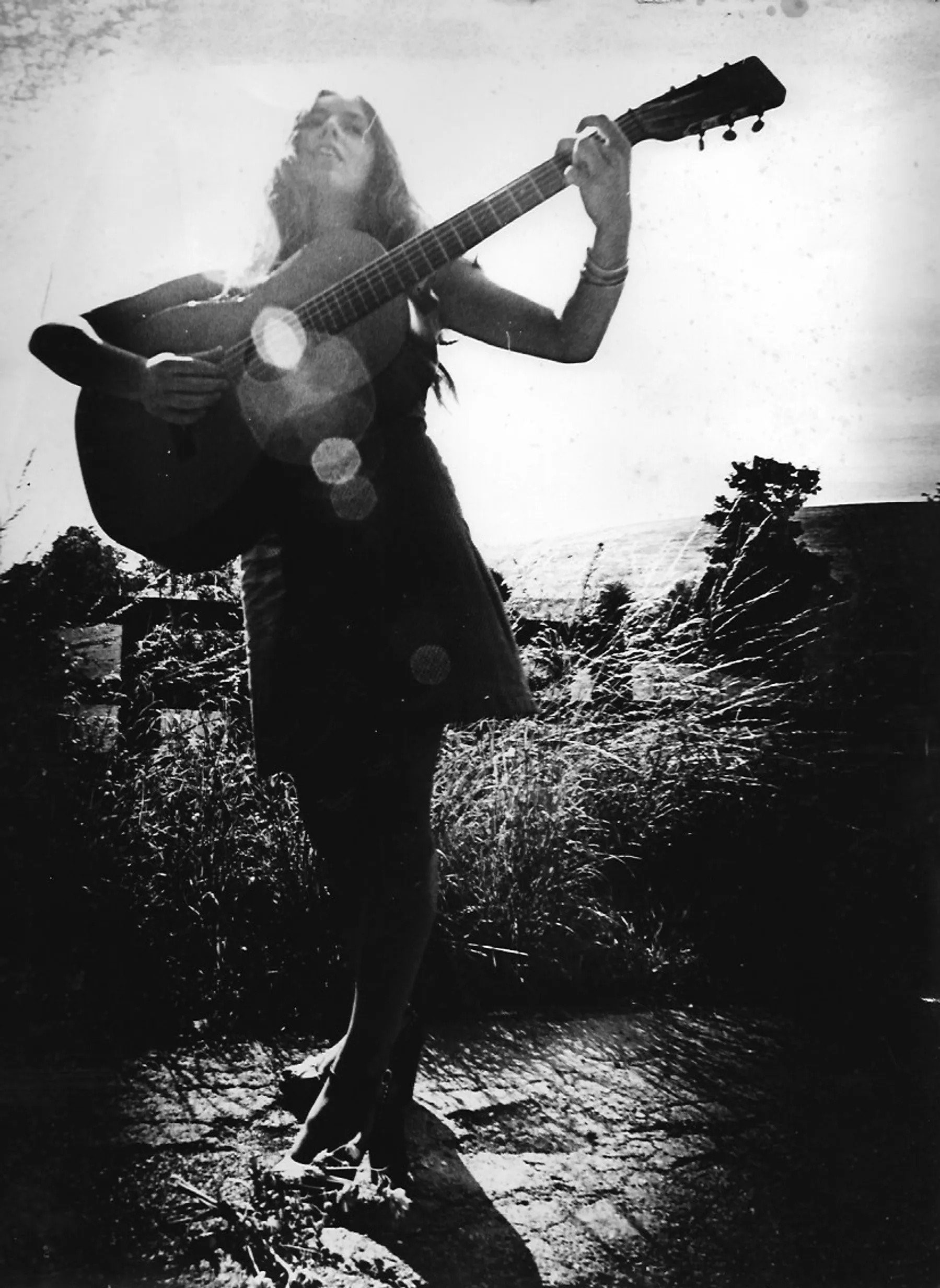
How did you get signed to Island Records?
One night I performed at the Kirklevington Country Club and opened for a singer called Terry Reid. The drummer of the band, Alan White who was later to join Yes, wanted to introduce me to his manager Tony Demetriades. So Tony came up to the club to hear me sing and he and John took me to Island Records where I met Chris Blackwell. You see? All these people in our lives play such a huge part and at the time we just take it all for granted!
“When I listen to ‘One House Left Standing’ it amazes me how stylised my voice was in those days”
‘One House Left Standing’ is such a truly impressive album. It’s one of the albums that still lacks information about it. Would you like to share what runs through your mind when hearing it again these days? What are some of the strongest memories from working on it?
When I listen to ‘One House Left Standing’ it amazes me how stylised my voice was in those days. I think you can hear the drama, I think I’m an expressive singer wanting to convey something and I’m sure that’s a result of my earlier interest in being an actress and inhabiting a character. Yes it does bring back memories, the memory of hearing my voice coming back through those huge speakers in Studio 1 at Basing Street is one that will never leave me. I’d been plucked out of my day-to-day life as a schoolgirl and transported to a building of excitement and creativity and I couldn’t tell myself away from the place. I spent all day there making cups of tea for people, chatting to Paul Kossoff who lived nearby and skipping up and down the stairs in my little black hot-pants and knee-high suede boots!
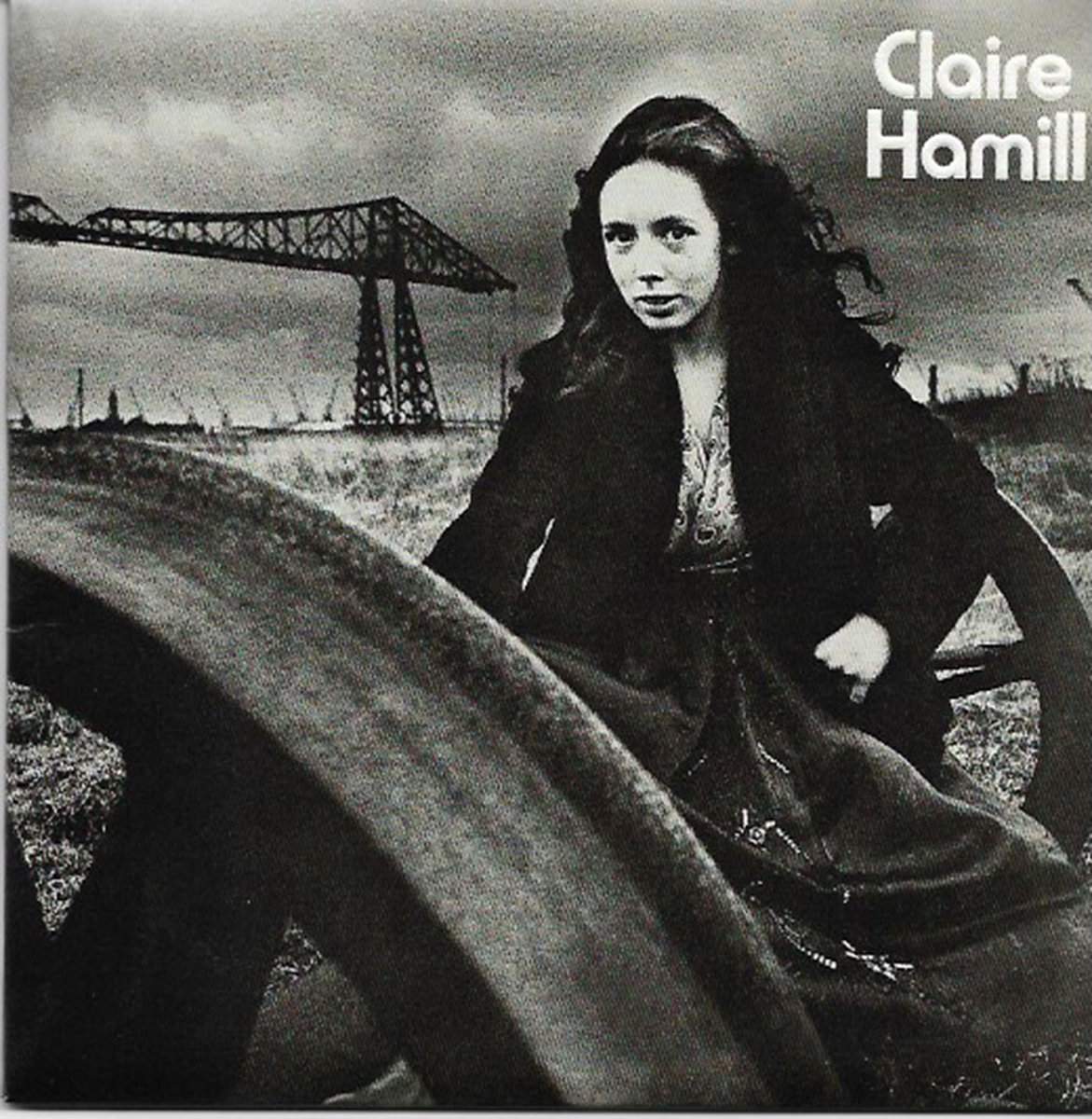
Would you share your insight on the albums’ tracks?
Some of the songs on ‘One House Left Standing’ are very winsome and sweet and reflect my girlish heart and some are much deeper as a consequence of Michael’s great lyrics. ‘Baseball Blues’ is simply a song about Mike needing some new baseball “Boots” as we called them in those days. We chose Joni Mitchell’s ‘Urge For Going’ to illustrate my ability to interpret the work of other people and possibly to highlight her as my main influences as an artist. I truly love that song, I love everything about it, Terry Reid’s guitar plucked in a counterpoint fashion, Rabbit Bundrick’s haunting piano and Simon Kirke’s spiritual drumming, along with my dramatic expression make for a track that has stood the test of time. It’s not the only song on that album that has stood the test of time I might add!
The album release led you to tour with John Martyn, what was that like for you?
Touring with John Martyn was always an adventure. A fire burned inside him constantly. Looking back I can see now that explains why he tempered it with his dope smoking and heavy drinking. It was like he was trying to contain a bomb that could explode at any minute! He carried around a piece of dope the size of an egg, to this day I have never seen a bigger piece! Not that I hang about in those sorts of circles any more! And when you were drinking with John it was triples not doubles, and it didn’t matter if you couldn’t afford to pay because he was paying! He was larger-than-life, beautiful, talented no wonder the world loved him. Including me.
As a folkie, what was it like to arrive at the Concert 10 festival in the United States July 1972 before a crowd of 200,000?
Arriving at the Poconos Festival is something I’ll never forget. We flew in by helicopter, my very first and only occasion to be in one. To this day that memory brings back a little bit of shame because I was allocated two seats and instead of taking my manager as I should have I instead decided to take my boyfriend, Mike Marsh. A surfer from North Carolina with whom I was madly in love. (John, I’m so sorry! I think you’ve forgiven me by now!)
“Wow look at all the people, the Beach Boys are playing? You’re joking! What an event!” I’m so proud to this day to have my name alongside so many great artists.
Years later when I met up with Mike Marsh again he reminded me that after the concert we had all gone back to the Holiday Inn for supper with Rod Stewart and The Faces. What a nice end of the day [laughs].
You toured the US with Procol Harum and Jethro Tull. Did you work on your new material during the tour?
I can’t remember writing a lot of new material while I was touring with Procol Harum and Jethro Tull, in fact the Jethro Tull concert in Ottawa, Canada was my very first in Canada and North America. The second night of my Canadian and American tour was at a stadium in Toronto and something upsetting happened. My estranged father turned up at the stage door to see me! I had wondered whether he would come to the concert, but there had been no contact with him since he had left myself, my mother and my 6 brothers and sisters to live in Canada, so I wasn’t sure whether he would be there or not. Both of my managers were with me and explained that he was at the stage door and wanted to see me and I agreed to see him. But when he walked in I burst into tears and ran out of the room. He left his business card and I was tormented with indecision about calling him but I decided against it and it was to be another 10 years before we would meet again.
What’s the story behind ‘October?’
During my first American tour I had been invited to visit a girl in North Carolina. She was the girlfriend of producer Eddie Offord, the Yes producer and I had met her in London. She was now back in North Carolina visiting her mum and during a break in touring I flew down to spend a couple of weeks holiday. While I was there I met a wonderful young man called Mike Marsh. He was my “Warrior of the Water.” His parents owned a surf shop in Atlantic Beach and I spent my days watching him surf, playing my guitar and drinking beer. I was falling in love again and it was a wonderful feeling. Sadly I also had to acknowledge the end of my relationship with Michael Coles so beautifully expressed in the words of ‘I Don’t Get Any Older’. Thank you Mike.
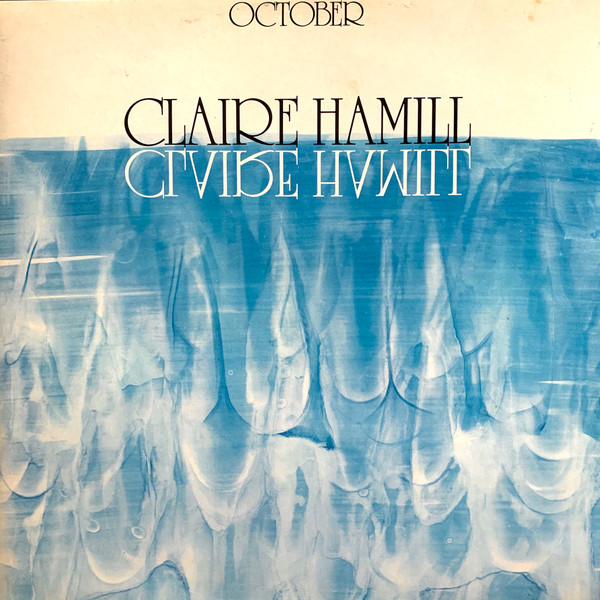
And next you’re on tour with King Crimson…
The Island Records roster was mainly one of rock bands. They had their own agency and so I found myself on tour with rock bands rather than touring folk clubs. One of the bands I toured with was King Crimson. I was missing Mike Marsh hugely but Robert Fripp proved a useful distraction. Robert would leave little notes in my dressing room for me to find when I came off stage and he and I formed a loving friendship which was a comfort. I can’t say that I completely understood the music of King Crimson but I quickly realised Robert’s depth and artistry as a guitarist and was aware of the huge fan base that King Crimson had and the respect with which he was held by his devoted fans. I was booked to tour Italy with the band and that was fun. My time with them and with Robert formed the basis of my song ‘Italian Afternoon’. It was written one day at Robert’s cottage in Somerset. He just said “let’s write a song together” … “just start singing and I’ll follow you.” I think that’s how it happened? It’s lovely to have that memory of our time together.
How did you meet Ray Davies of the Kinks, who signed you to his Konk label for your third album ‘Stage Door Johnnies?’
I can’t remember where I met Ray Davies but I remember the circumstances around our meeting, it was probably at Tony’s office. By now I only had one manager, Tony Demetriades. John was busy with his clubs in the North and his family and I had been spending more time in London so it made sense to me when I had to choose between them, to choose Tony. I couldn’t afford two managers! My albums were not setting the world alight, I suppose they were still quite girlish and the fashion at the time was for big stadium bands like Led Zeppelin, Yes, Genesis et cetera. Tony said that Island Records were not keen to follow up the very expensively made ‘October’ with another album but were happy to make a single. My ego’s crushed! However, he explained, the alternative was to sign to a new label, Konk, which was being set up by The Kinks. Tony had met Ray and word on the street was that he wanted to manage him, and I was the bait. I only found that out much later.
Can you share some further words about ‘Stage Door Johnnies?’
By now I had incorporated a little bit of music hall into my live performance and that’s where the inspiration for ‘Stage Door Johnnies’ came from. So who could have been more perfect as a producer for the album than Ray Davies? Ray has a profound dramatic flair and can be very camp at times so the whole theme of the album seemed to coalesce around a nostalgia for the good old days after the First World War. Were they the good old days? Well I suppose the war was over! Ray even had me record a version of ‘Cocktails for 2’ with a break after the first syllable! What a wag! Funnily enough, my most successful song was recorded on this album. ‘You Take My Breath Away,’ was written by my lovely surfer dude, Mike Marsh. Fancy that.
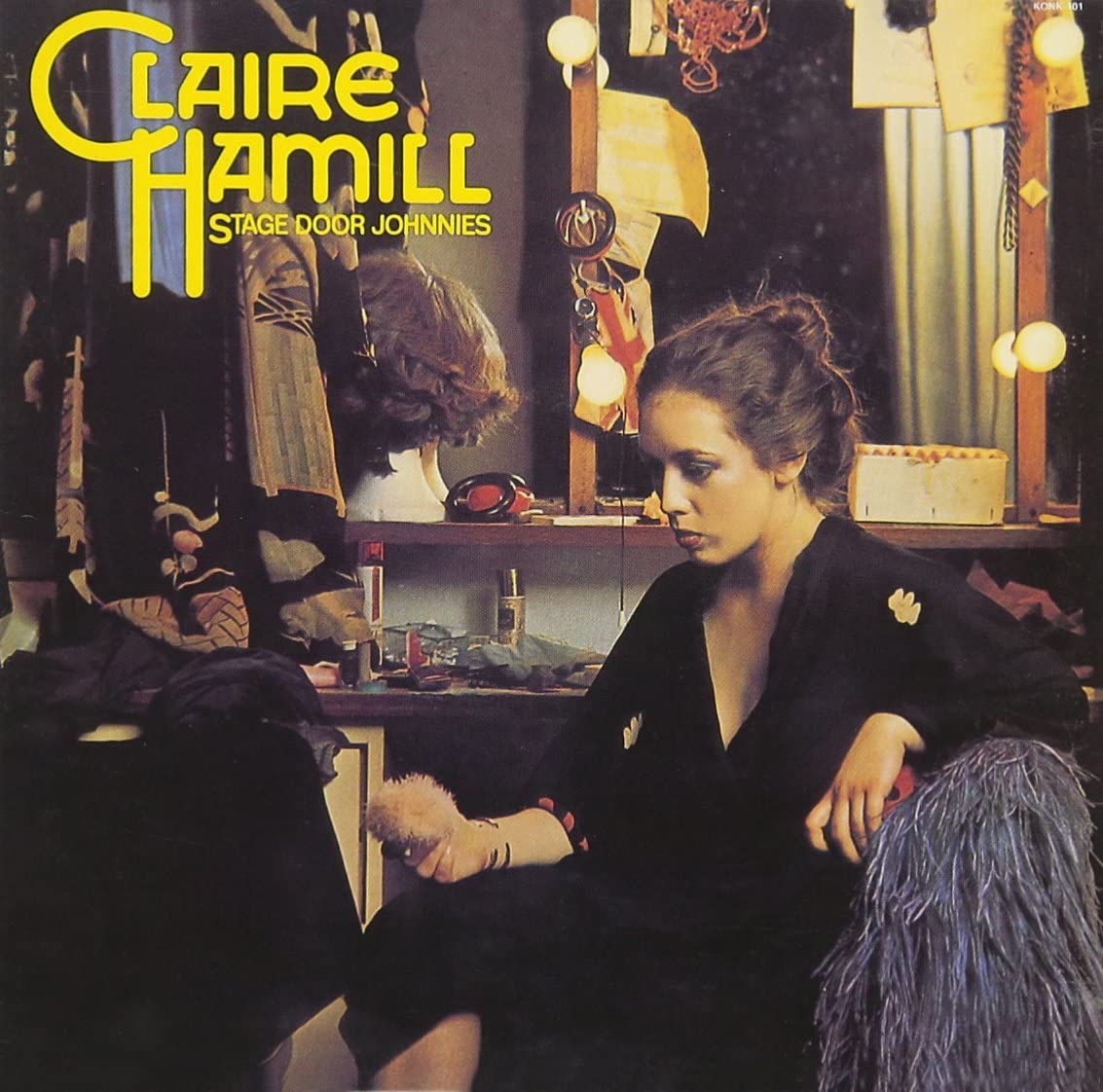
What were the circumstances around ‘Abracadabra,’ which ended being your final album in the 70s?
The Konk label was being distributed in America by ABC Records and they put up the money for me to do a tour and even give me a band to tour with. This proved to be a huge step forward for me musically as apart from one guitarist, I hadn’t worked with any other musicians in a live capacity until then. All this had added to my opinion of myself, that I was capable and talented and that I was able to make my own musical decisions. I still had by this time a bit of fame and a bit of power and so it was that I decided to produce my own album and because Ray was by now touring constantly in America with The Kinks I managed to get away with it! Of course I didn’t know what I was doing. I remember the sound engineer telling me that it was really odd to bring the electric guitar into the song halfway through, without first introducing it earlier in the song. I wouldn’t listen and he’s right of course, it does sound odd. You can certainly hear in this album that I was becoming more and more influenced by rock music as my voice has become now, much harder in sound. I’m not altogether happy with the way I sound on this album, I can hear the damage I was doing to my vocal chords as a consequence of singing too loudly and smoking too much dope. The drinking didn’t help either!
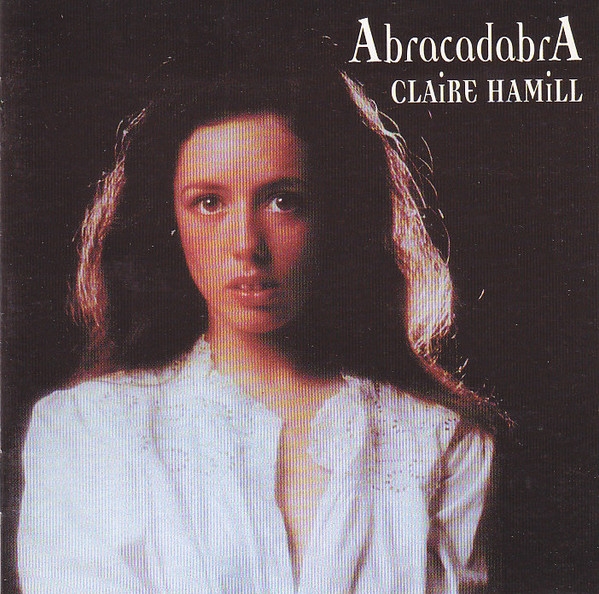
How did collaboration with Steve Howe and Wishbone Ash come about?
Alan White, the drummer that had discovered me all those years earlier singing in the North at John’s club, and his girlfriend Rory Flynn and myself were flatmates and best friends. I was with Alan the day that he joined Yes. I’d recently toured Italy and the UK with King Crimson and yes, the drummer was Bill Bruford, who’s a lovely chap. Bill’s departure had left Yes in trouble, they needed someone to fill Bill’s shoes and Alan was the obvious choice. Who else could have learned all those complicated time signatures and riffs in such a short space of time? So Yes became a big part of our lives. I went to their parties, I went to their gigs. I was in the wings of many concerts and as a consequence of this I got to know the other members of the band. I was still delighted though, to be invited to sing on Steve’s solo album. ‘Look Over Your Shoulder,’ is not an easy song to sing and I’m not entirely happy with my performance but I’m still very pleased to have had the opportunity to do it, as in a small way it links me musically with the band.
I also recorded one of Jon’s songs on ‘Abracadabra’. Tony Demetriades had gone to America to manage Tom Petty and I was not going too. It was a blow but I understood the reasons why. I had not been an easy gig. I had not managed to have a hit record and I could be awkward at times probably as a result of my cannabis addiction! Before Tony left he advised that I should meet John Sherry if I needed help and so after some months, that’s exactly what I did. John Sherry was the affable manager of Wishbone Ash. He was bouncy, cheerful, charming and clever and it seemed as if he could help. Wishbone Ash had been in the studio some time and were sort of in a bit of a rut. So John brought me in to do some backing vocals to add an extra dimension to their sound. The band was divided on that decision.
Fleetwood Mac had reinvented themselves with girl singers tearing up the charts on both sides of the Atlantic and John, Andy Powell and Martin Turner were keen to see what the addition of a girl singer-songwriter could do. But Steve Upton and Laurie Wisefield weren’t sure about that direction. They felt that Wishbone Ash were very much a boys band and I think we’re keener to go down a route closer to Heavy Metal, which was also becoming very popular, than a folk rock band.
Do you have regrets that your group Transporter didn’t stay together for a bit longer, maybe recording a full album, instead of only one fantastic single?
Because of the disparity in views in Wishbone Ash, I was not invited to become a permanent member and so I formed my own rock band, “Transporter” named after the famous bridge in Teesside which spanned the river near where I was born. By now punk music was all the rage and even though I could never call myself a punk, my sound was certainly toughening up and Transporter provided a vehicle for this. However it was hard to me to get gigs because, although I hadn’t been successful, I was attached to a different era of music, the music of the early 70s so I couldn’t keep the band together and in the end I rejoined Wishbone Ash for a British tour which was then going to tour the USA.
What did you see in the “New Age” music that kinda opened a new chapter in your career?
In 1985 I was married with a baby and living in a big country house in rural East Sussex. I married Nick Austin, one of the owners of Beggar Banquet Records. Nick often travelled to music business trade fairs and he returned from one in the USA where he had encountered New Age music. One of the labels Nick had created was an instrumental label called Coda. He thought he could market some of the artists under the new-age label and he suggested that I make a new-age album just using my voice, no lyrics. I was intrigued by the idea and so I pulled together a concept album based around the seasons. The whole thing took just 6 weeks to make which was astonishing as for me, usually albums took months. The other remarkable thing was that I hadn’t needed anybody else’s input, I just did the whole thing myself, not the engineering of course and to be fair I did use the sound engineer’s voice as a sample on one of the tracks. It was a revelation and very enjoyable. My only difficulty was that I had a young baby of 18 months old and getting childcare was a serious trial!
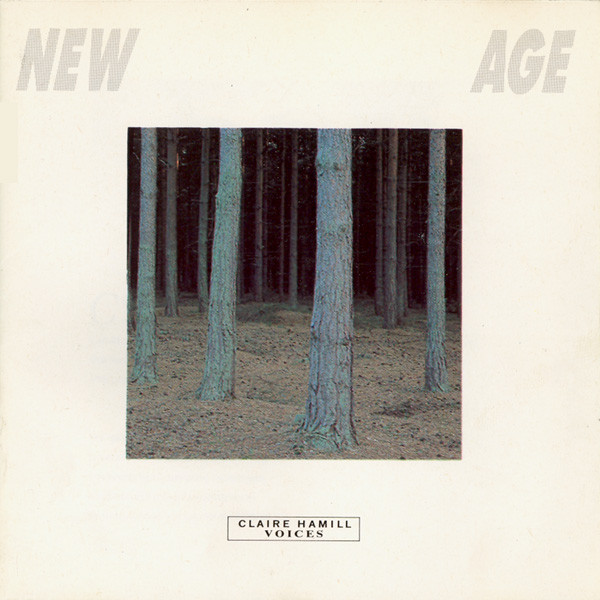
What followed in the 90s for you?
Sadly my marriage didn’t last and after three children we split and I moved nearby. After being separated from my own father I had no intention of separating my children from theirs and I shared them equally with their father which has turned out to be a good idea. I then met a young musician creating dance music on a computer. This new music was a world away from what I had been used to and immersed in. So in the beginning I wasn’t at all keen to work with him but he proved to be a charming seducer, can you see the pattern here? Haha! So I ended up making a dance record, at least to me it was a dance record but to the rest of the world it was a bit of an anomaly striding both camps of dance and folk, a bit of a weird coupling. You could say the 90s were my least productive era but I had three children to bring up and I always say that they are my greatest production! I did write and record a number of songs during this time which haven’t been released, maybe they’ll see the light of day one day, it would be a nice thing to do but they are unfortunately saved onto old music formats like DAT and EDAT tape so it’s not going to be an easy thing to retrieve them.
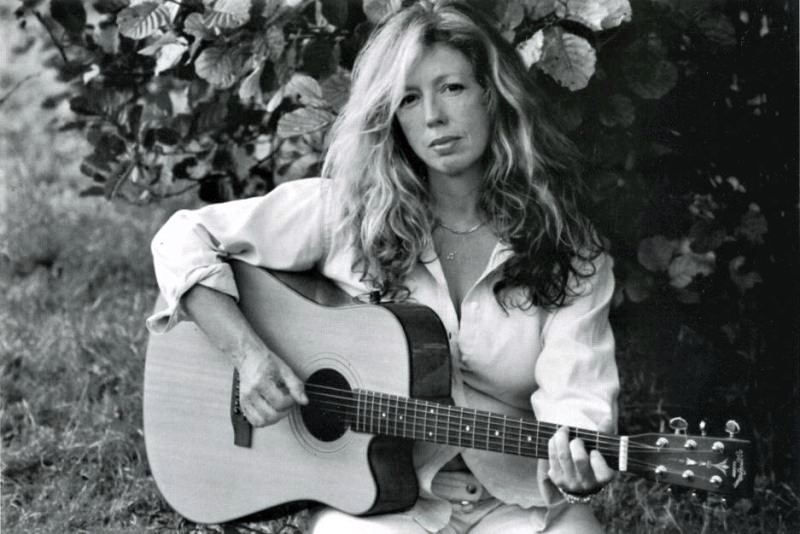
Would it be possible for you to choose a few collaborations that still warm your heart?
I loved working with Alan White on ‘Speedbreaker’ from the ‘October’ album. I don’t think you’ll ever hear a better drum solo. I can still see him shaking his head around as he overdubbed to a live track. No click in those days folks. I’m proud to be singing on ‘The Friends of Mr Cairo,’ I met Vangelis when I toured with Jon Anderson and he made a huge impression on me. My work with John Critchinson and Morrisey Mullen took me into a new arena of Jazz. I followed that up working with Jamie Talbot. I’m proud to have co-written ‘Living Proof,’ one of Wishbone Ash’s most successful songs and I was over the moon to find out that Eva Cassidy had recorded ‘You Take My Breath Away’. My collaboration with Brian Hayhurst on the EP ‘When Are Wars Won?’ was memorable on many levels. I was glad to be able to put his fantastic insight into the stupidity of war to music. Steve Howe, Morrissey Mullen, Robert Fripp all great musicians, I’m so lucky.
Thank you for taking your time. Last word is yours.
If you had asked me when I was 17 how I could see my life panning out, for certain I wouldn’t have seen it like this! So many things have happened to me, so many twists and turns, so many rollercoasters rides. Yes I have regrets and looking back is difficult sometimes, because I have to face my frailties and my failings but I suppose my experiences have given me a rich seam to mine and so the songs keep coming. It’s time that I wrote about it all in more detail just in case you might find something useful. In the meantime I have a lifetime of songs for you to dip into and I invite you to read between the lines, because my life is written in there somewhere. My eldest daughter Tara Austin, is part of a group who are desperately trying to get Psilocybin re-classified as a treatment for PTSD. Their website is www.par.global. Thanks for listening.
Klemen Breznikar
Claire Hamill Official Website / Facebook / Instagram / Twitter / Bandcamp / YouTube
Cherry Red Records Official Website

